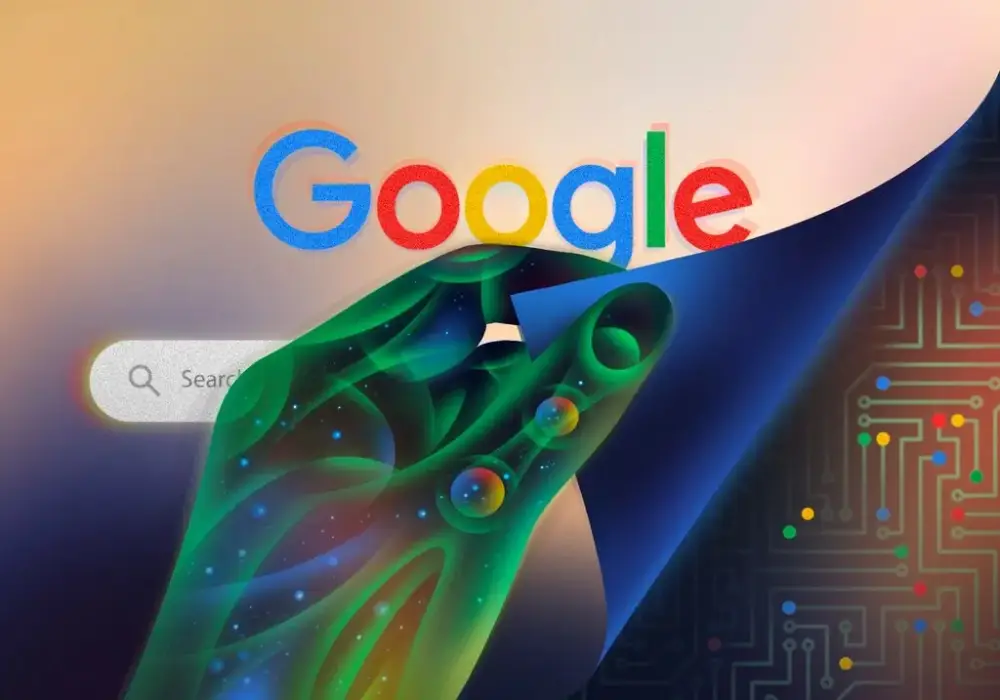
Google ra mắt AI Mode nhưng vẫn thiếu chính xác khi tìm địa điểm thực tế
-
Google vừa triển khai AI Mode, một công cụ tìm kiếm mới tích hợp trí tuệ nhân tạo, sẽ xuất hiện như một tab cạnh kết quả tìm kiếm truyền thống.
-
AI Mode hoạt động như chatbot, tương tự ChatGPT hay Gemini, cho phép người dùng nhập câu hỏi cụ thể và nhận câu trả lời dạng tổng hợp từ nhiều nguồn.
-
Khi thử nghiệm tìm công viên có bàn gỗ ở Oakland (California) để tổ chức sinh nhật, AI Mode đưa ra thông tin sai – các công viên được liệt kê thực tế không có bàn.
-
Một truy vấn khác về dịch vụ rửa xe giá rẻ cũng dẫn đến kết quả sai: AI báo giá 25 USD, thực tế là 65 USD. Tương tự, AI đề xuất siêu thị không có mặt hàng được tìm.
-
Trong những ví dụ trên, tìm kiếm Google truyền thống cho kết quả chính xác hơn, nhờ liệt kê trang web cụ thể như Yelp hoặc Instacart.
-
Tuy nhiên, AI Mode tỏ ra hiệu quả khi nghiên cứu sản phẩm, đặc biệt trong việc tạo bảng so sánh các loại ghế ô tô cho trẻ em, bao gồm thương hiệu, giá và tính năng – dù có sai sót nhỏ về giá.
-
AI Mode cũng vượt trội trong việc tóm tắt nội dung văn hóa đại chúng, ví dụ trò chơi điện tử, phim truyền hình phức tạp như “Severance” hay “The Last of Us”.
-
Google cho biết người dùng có thể phản hồi để cải thiện độ chính xác của AI Mode, vì đây vẫn là công nghệ mới đang trong giai đoạn đầu triển khai.
-
AI Mode kết hợp dữ liệu từ các dịch vụ khác nhau của Google như Maps, Shopping, tìm kiếm web để cung cấp câu trả lời tổng hợp.
-
Trong khi tìm kiếm địa điểm thực tế nên dùng tìm kiếm cũ, AI Mode phù hợp hơn cho nhiệm vụ nặng như nghiên cứu sản phẩm, lập danh sách hoặc tổng hợp thông tin.
-
Cuối cùng, lựa chọn giữa AI Mode và tìm kiếm truyền thống phụ thuộc vào mục tiêu tìm kiếm và mức độ cần kiểm chứng thông tin.
📌 Google AI Mode giúp tạo bảng mua sắm, tóm tắt phim, trò chơi cực nhanh nhưng lại sai cơ bản khi tìm địa điểm như công viên hay siêu thị. Trong thử nghiệm, tìm kiếm truyền thống vẫn thắng khi cần độ chính xác thực tế. Tuy nhiên, AI Mode lại vượt trội trong nghiên cứu sản phẩm và văn hóa đại chúng – một tín hiệu cho tương lai của tìm kiếm online.
https://www.nytimes.com/2025/05/29/technology/personaltech/google-ai-mode-search.html
Google’s New A.I.-Powered Search Has Arrived. Proceed With Caution.
AI Mode vs. Google Search
Searching for Things and Places
-
Google’s AI Mode list included two parks with no picnic tables, but when I used Google.com to do the same search, its top three results included parks nearby that had tables.
-
Google’s AI Mode suggested that the carwash I visited was $25 based on one user review that mentioned this price. But a Google search showed several Yelp reviews of the business, where people reported a more accurate range of $50 to $70.
-
Google’s AI Mode generated a list of grocery stores, including Whole Foods, that potentially sold the aji amarillo paste that I needed to make Peruvian chicken for a Memorial Day barbecue. When I did a normal Google search for the paste nearby, the search engine took me to an Instacart listing confirming that one of the stores listed by AI Mode, Berkeley Bowl, carried the paste.
Product Research
Pop Culture
Bottom Line
Thảo luận
Follow Us
Tin phổ biến



